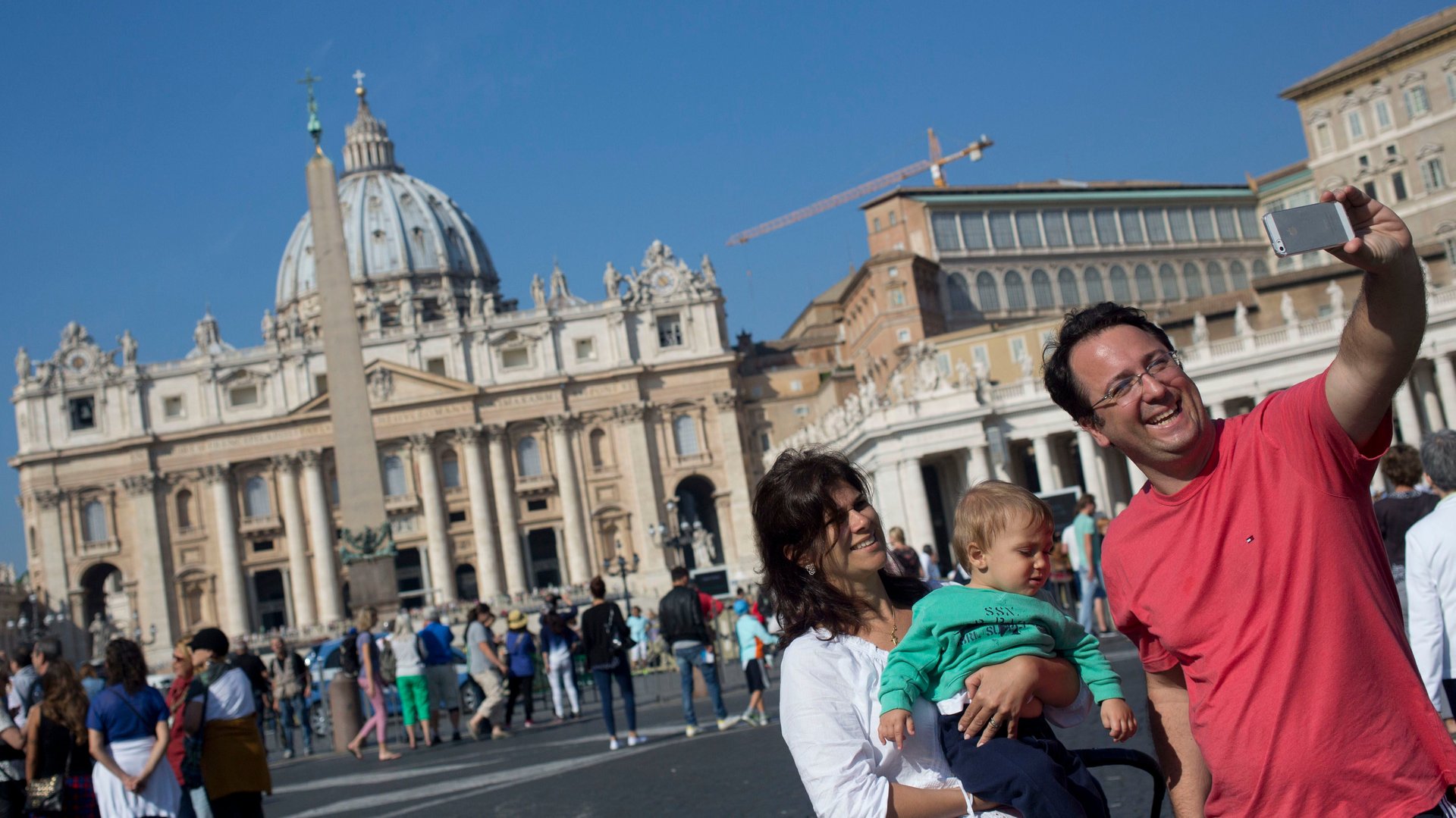Why we see so many annoying posts on Facebook
As much as we may try to embrace every cat pic, group hug and political rant posted by our friends and acquaintances on Facebook, it’s hard not to find a sizable chunk of the updates, well, annoying. Why do some people clutter our Facebook feeds with irritating fodder more than others?


As much as we may try to embrace every cat pic, group hug and political rant posted by our friends and acquaintances on Facebook, it’s hard not to find a sizable chunk of the updates, well, annoying. Why do some people clutter our Facebook feeds with irritating fodder more than others?
There are myriad motivations driving this phenomenon, including emotional volatility, romantic courting, relationship insecurity, and (not surprisingly) loneliness. Here’s the scoop on personality types that are more prone to inundating your Facebook feed:
The emotionally needy: It could be because those people are less emotionally stable and looking for social support, according to a study by researchers at the University of Miami and University of Pennsylvania. The emotionally unstable “experience emotions more intensely,” and are “less adept at regulation,” the study found. Facebook posts that garner a response were found to boost their well-being.
Romancers: Facebook found that courting users post on each other’s timelines most frequently right before they enter a relationship. For lovebirds, romantic timeline-posting is a public act akin to approaching someone in a bar or social gathering in front of other friends. For onlookers, it can feel like catching a glimpse of gratuitous public affection.
Couple therapists: People who are insecure about their partner’s feelings or think their romantic bond gets a boost from visibility use Facebook to broadcast their relationship, according to a study released earlier this year. That doesn’t mean all soppy couple selfies are disingenuous, though. The same people in the study who posted more couple-y fodder were also more chuffed about their relationship than those who didn’t.
Mood boosters: ”Semi-public posting”—writing a personal message on someone’s wall that everyone can see—decreases loneliness, according to a study cited by the Atlantic. “People who received composed communication became less lonely, while people who received one-click communication experienced no change in loneliness,” Facebook data scientist Moira Burke told the Atlantic (this was shortly before she worked at Facebook).